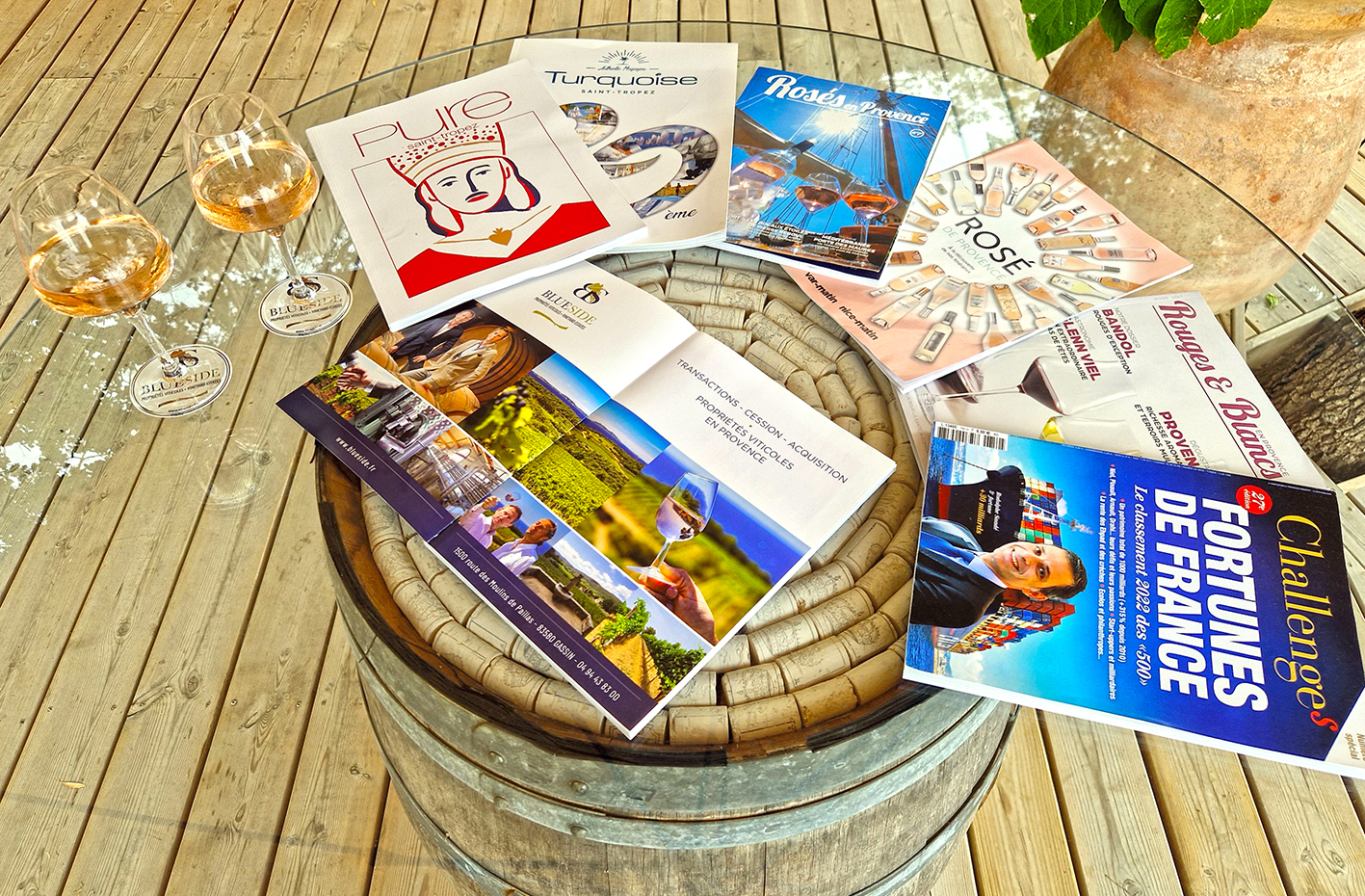Why is investing in a winery more relevant than ever?
Vineyard investment today represents much more than a simple real estate investment. It's a tangible, strategically positioned asset offering security, tax optimization and high asset value. Whether to diversify a portfolio, pass on an inheritance or associate one's image with an art of living, a wine estate is a high value-added investment.
1. An advantageous tax framework
Unlike residential property, a wine estate is a professional asset. It is therefore not included in the tax base for the Impôt sur la Fortune Immobilière (IFI), which makes it a relevant tool for structuring an estate.
2. A strategic location in highly attractive areas
An estate located in Provence - a major tourist region and a world benchmark for premium rosés - benefits from an exclusive positioning in terms of both land and business, and offers strong potential in terms of land development, wine tourism and brand awareness.
3. An asset uncorrelated with financial markets
Wine-growing land is not subject to stock market or currency fluctuations. Its medium- to long-term performance and stability make it a resilient diversification asset.
4. Optimized legal and asset structuring
Wine estates are an effective way of structuring asset ownership, with specific tax levers linked to farming (SCEA, GFA, holding company, etc.). It is also an optimized asset transfer solution, as explained in our dossier. Wine heritage - Structuring and growth strategies.
5. An asset with meaning and prestige
Beyond its heritage value, a wine estate embodies the nobility of a commitment: to produce wine is to embody an art of living, pass on a heritage and affirm a vision. To invest in such an asset is to combine performance and prestige with deep roots in the land, culture and time.






